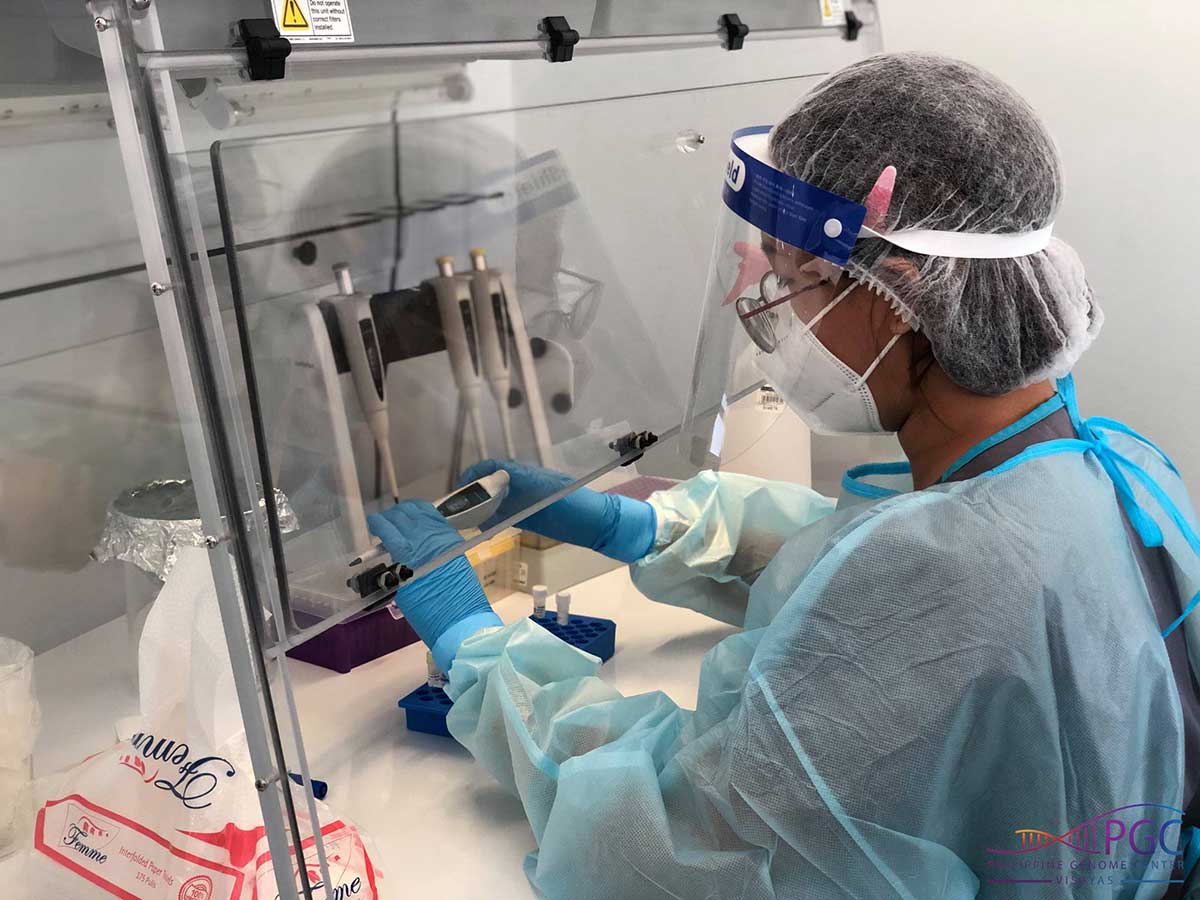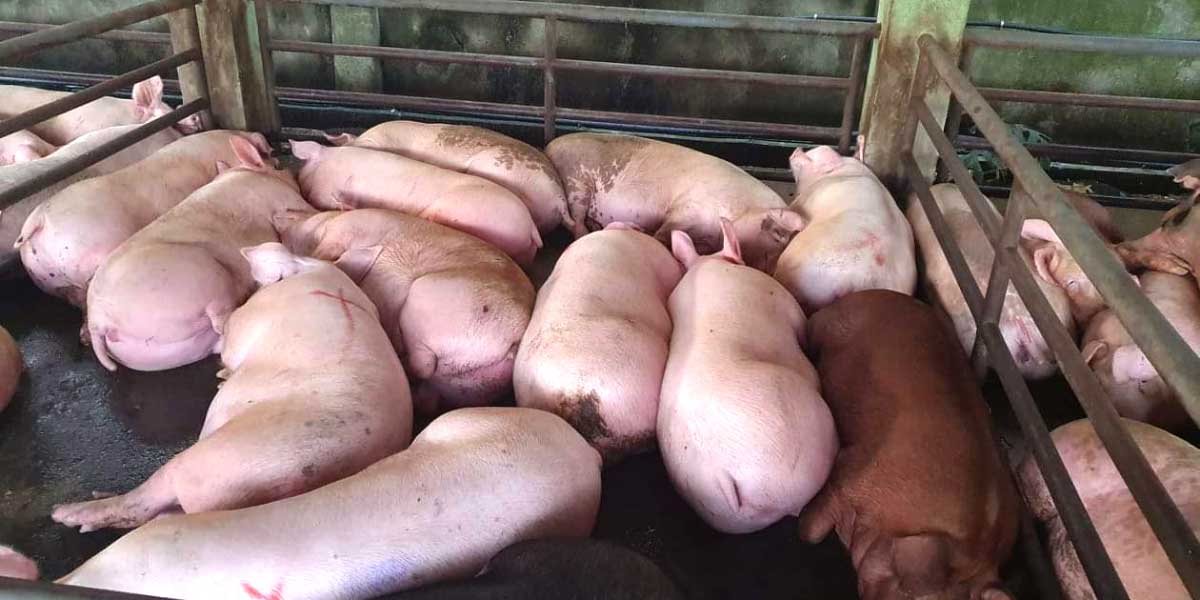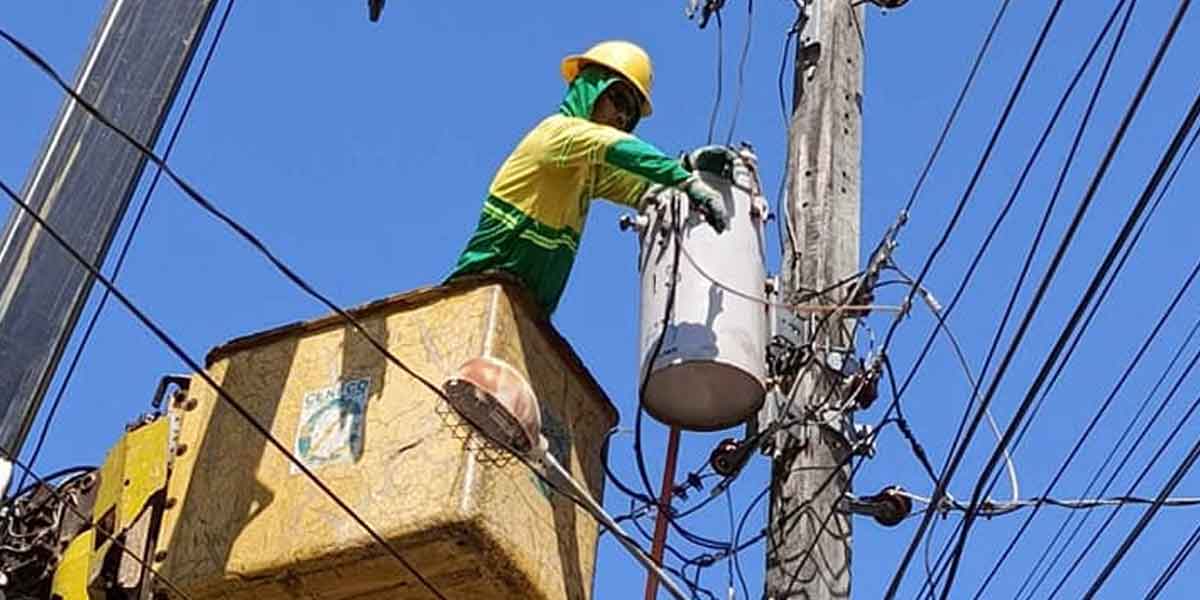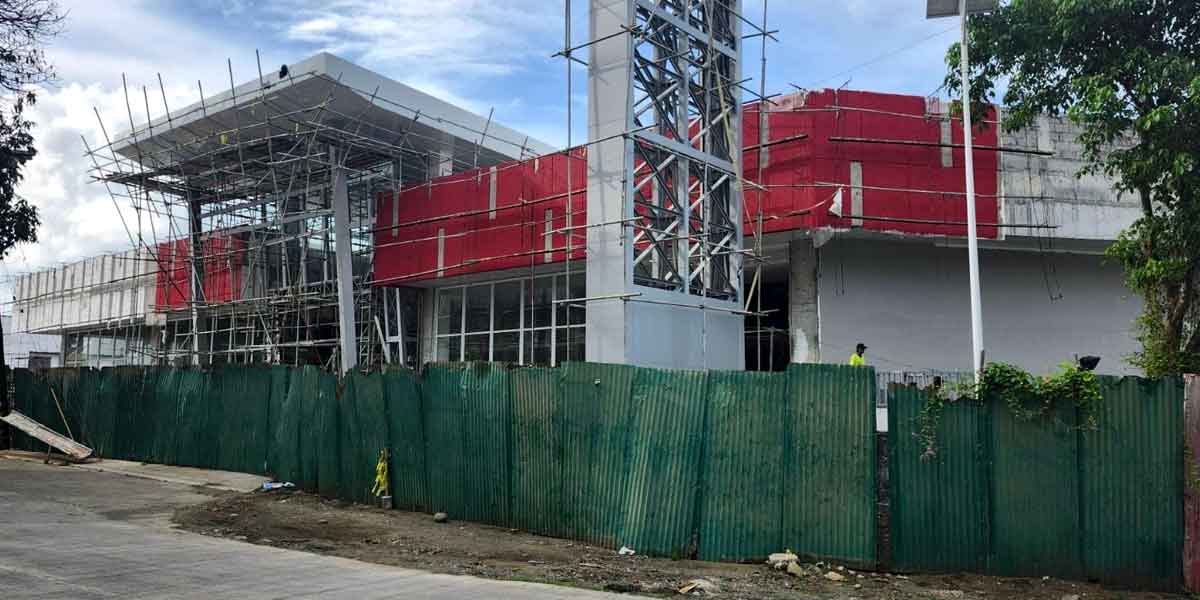
A next-generation sequencing technology that will allow the local detection of COVID-19 variants of concern is being pushed by the Philippine Genome Center (PGC) Visayas at the University of the Philippines of Visayas.
Currently, only the main PGC office in Diliman, Quezon City has the capability to sequence the samples and detect COVID-19 variants that were blamed for recent surge of infections around the world.
Hence, the Department of Health (DOH) allocates a few samples for each region for the sequencing and detection of COVID-19 variants weekly.
Samples from Western Visayas are being transported to PGC in Diliman for genome sequencing.
Genome sequencing is figuring out the order of DNA nucleotides, or bases, in a genome—the order of As, Cs, Gs, and Ts that make up an organism’s DNA. Reading the genome leads to the determination of a variant, as in the case of SARS-CoV-2 which causes COVID-19.
Due to this limitation, the turn-around time for the samples is susceptible to delays which can last up to seven days.
Dr. Victor Marco Emmanuel Ferriols, program director of PGC-Visayas and associate professor of College of Fisheries and Ocean Sciences-Institute of Aquaculture of the University of the Philippines Visayas (CFOS-UPV), said in a previous media interview that various efforts are ongoing to boost the capability of PGC-Visayas and establish bio-surveillance for the detection of COVID-19 variants.
“There are various efforts that are ongoing to establish bio-surveillance thru next-generation sequencing,” he said.
Meantime, Ferriols said they are designing methodologies for the detection of variants.
“We are starting efforts and may mga gin-design kami nga methodologies nga kaya ma-detect locally ang COVID-19 variants. We are hopeful nga ma-verify ang methodology design,” he added.
Recently, PGC announced that it will boost the capability of its centers in Visayas and Mindanao to conduct genome sequencing and allow the detection of COVID-19 variants locally.
Dr. Cynthia Saloma, executive director of the University of the Philippines-PGC, said in a recent press briefing that they plan to provide PGC centers in Visayas and Mindanao with machines for surveillance so they can perform emergency sequencing for a fast turnaround time.
Local government units (LGUs) have also supported the call to boost the capability of PGC Visayas.
According to Iloilo City Mayor Jerry Treñas, local chief executives (LCEs) in Western Visayas have already signed a petition to support the capability of genome sequencing in PGC-Visayas.
The Delta variant of COVID-19 had spread rapidly around the world and caused serious diseases in many.
“To quickly identify this variant, the LCEs in Wester Visayas talked to the Department of Science and Technology (DOST), PGC, and UP Visayas so we can put up a genome sequencing unit in the region so we can isolate these cases immediately,” Treñas said in a statement on Wednesday.
The mayor said it will help fast-track the results of the tests and prevent any delays.
“It has been a struggle for us to wait for one and a half months for the results to arrive after sending our vials to Luzon. We are hoping to have UP Visayas run the tests of the region to fast-track the results.”
Recently, the DOH and LGUs confirmed the presence of Covid-19 variants of concern in the region particularly, Delta, Alpha, Beta, and Theta. (ERS)




















